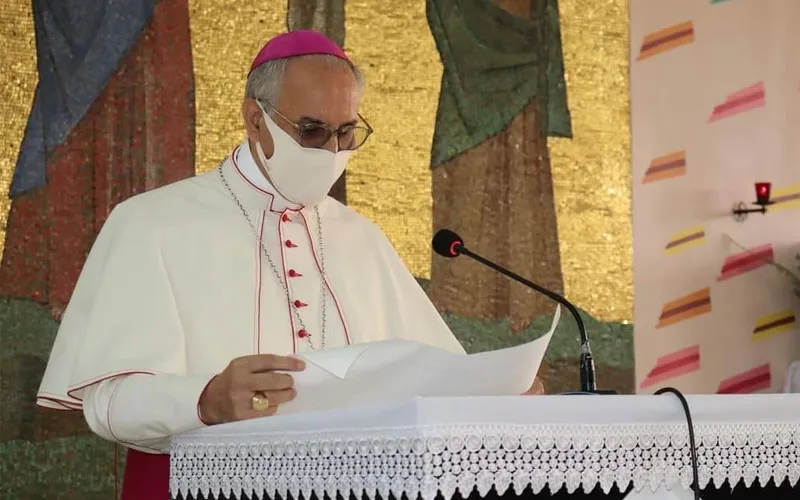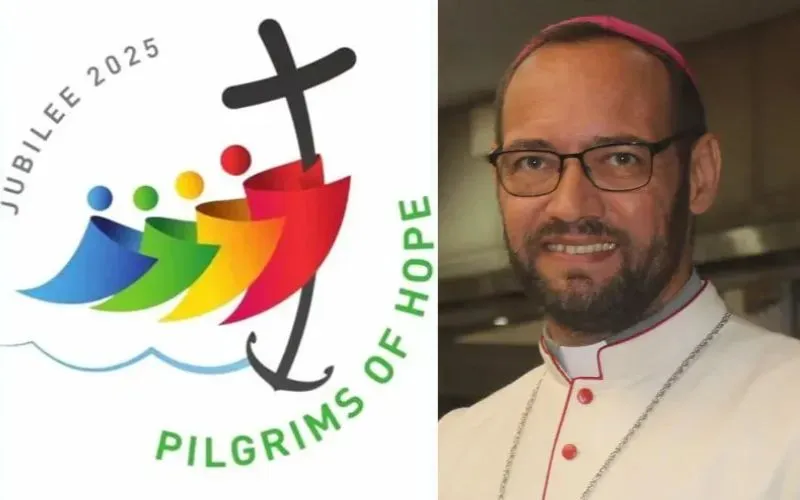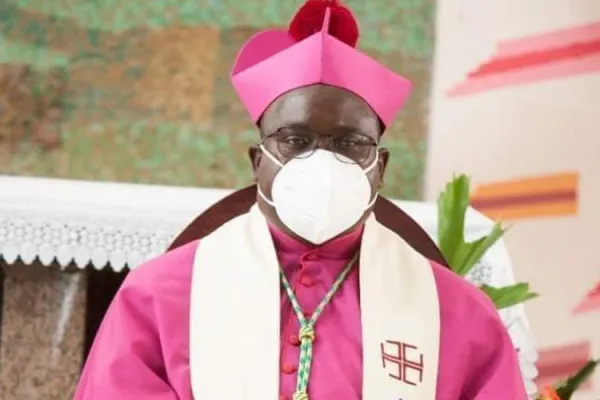“Being vaccinated by the vaccine authorized by the competent authorities is an act of love, and contributing to ensure the majority of people are vaccinated is an act of love, love for oneself, one’s family and friends, for all people,” Archbishop Gallone said.
He further said that vaccination is a simple but profound way of promoting the common good and caring for each other, especially the most vulnerable.
Although there are no reported cases of Omicron variant in Malawi so far, COVID-19 infections in the country have been reported to be high amid calls for vaccination in the Southern African nation.
The World Health Organization WHO reports that so far, Malawi has recorded 61,872 confirmed cases of COVID-19 and 2,304 reported deaths that resulted from the coronavirus. The country has so far administered 1,390,496 vaccine doses, according to the WHO report.
Scientists in South Africa identified the latest variant of COVID-19 on November 23 “from someone who had got sick a couple of weeks earlier,” a November 26 report indicates.
Based on the advice of WHO’s Technical Advisory Group on Virus Evolution (TAG-VE), the specialized agency of the United Nations that is responsible for international public health designated the variant B.1.1.529 as a variant of concern, and named it Omicron on November 26.
“Preliminary evidence suggests there may be an increased risk of reinfection with Omicron, meaning that people who have previously had COVID-19 could become reinfected more easily with Omicron, as compared to other variants of concern, but information is limited. More information on this will become available in the coming days and weeks,” WHO has reported.
The Sunday, November 28 report indicates that “WHO is working with technical partners to understand the potential impact of this variant on our existing countermeasures, including vaccines.”
“Vaccines remain critical to reducing severe disease and death, including against the dominant circulating variant, Delta. Current vaccines remain effective against severe disease and death,” WHO further reports.
Silas Mwale Isenjia is a Kenyan journalist with a great zeal and interest for Catholic Church related communication. He holds a Bachelor’s Degree in Linguistics, Media and Communication from Moi University in Kenya. Silas has vast experience in the Media production industry. He currently works as a Journalist for ACI Africa.








